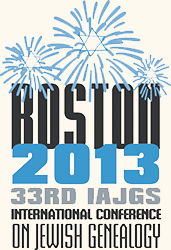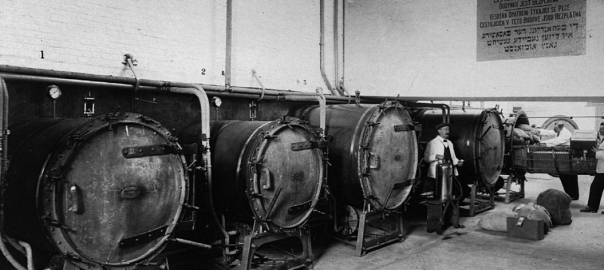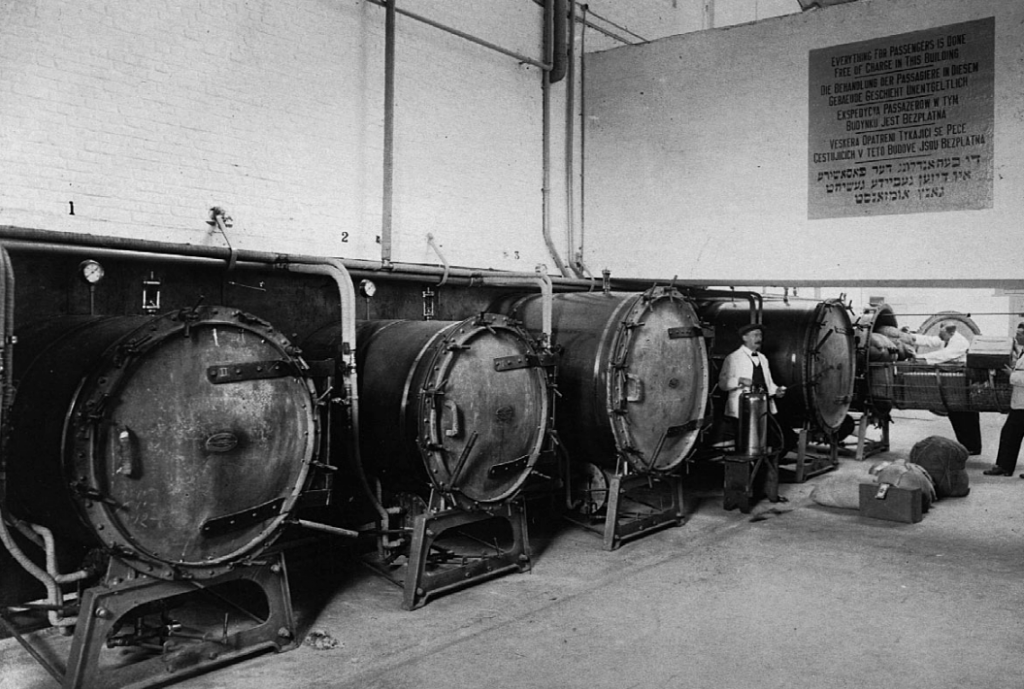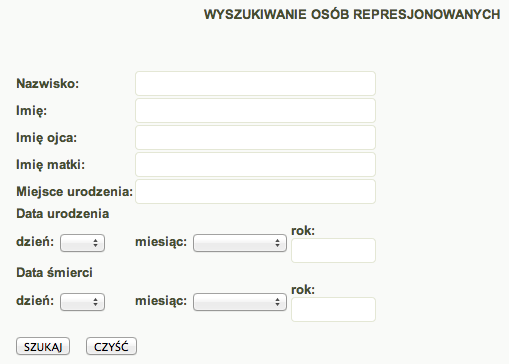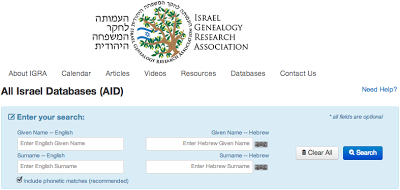Once a year the the IAJGS partners with a local Jewish genealogy society to have the International Jewish Genealogy Conference. Last year it was in Paris. The year before it was in Washington, DC (where I spoke about Utilizing Belgian Archives for Jewish Research). This year, in partnership with the JGS of Greater Boston, it will be in my hometown, Boston.
The conference is taking place at the Boston Park Plaza Hotel, and will be from August 4-9. This is same place that the conference was held the last time the conference was held in Boston back in 1996. The hotel is in an amazing location for those who have never been to Boston. There are tons of things to do and see within walking distance of the hotel, from the historic district in Boston (Freedom Trail), to the first public park in America (Boston Common), to the shopping district (Newbury Street). There is a special conference rate at the hotel, available for up to two weeks before the conference in case you want to show up early and tour. To get the conference rate, you can book through the conference web site, until July 11.For those who have never been to the annual conference before, IAJGS has put together a video on what you can expect:
If you’ve never been to one of the annual conferences, I highly recommend it. You’re sure to learn a lot, meet lots of people, and make connections with people and groups that are researching the same places and families you are researching. Registration is now open, with an early registration discount available through April 30, 2013. One other date worth mentioning is that all additions to the conference Family Finder must be submitted by July 1, 2013. The Family Finder is a directory of family names and ancestral towns that are being researched by attendees at the conference. The top five names and towns can be displayed on your conference badge, and up to eight names will be put into the Family Finder book that is distributed at the conference.
